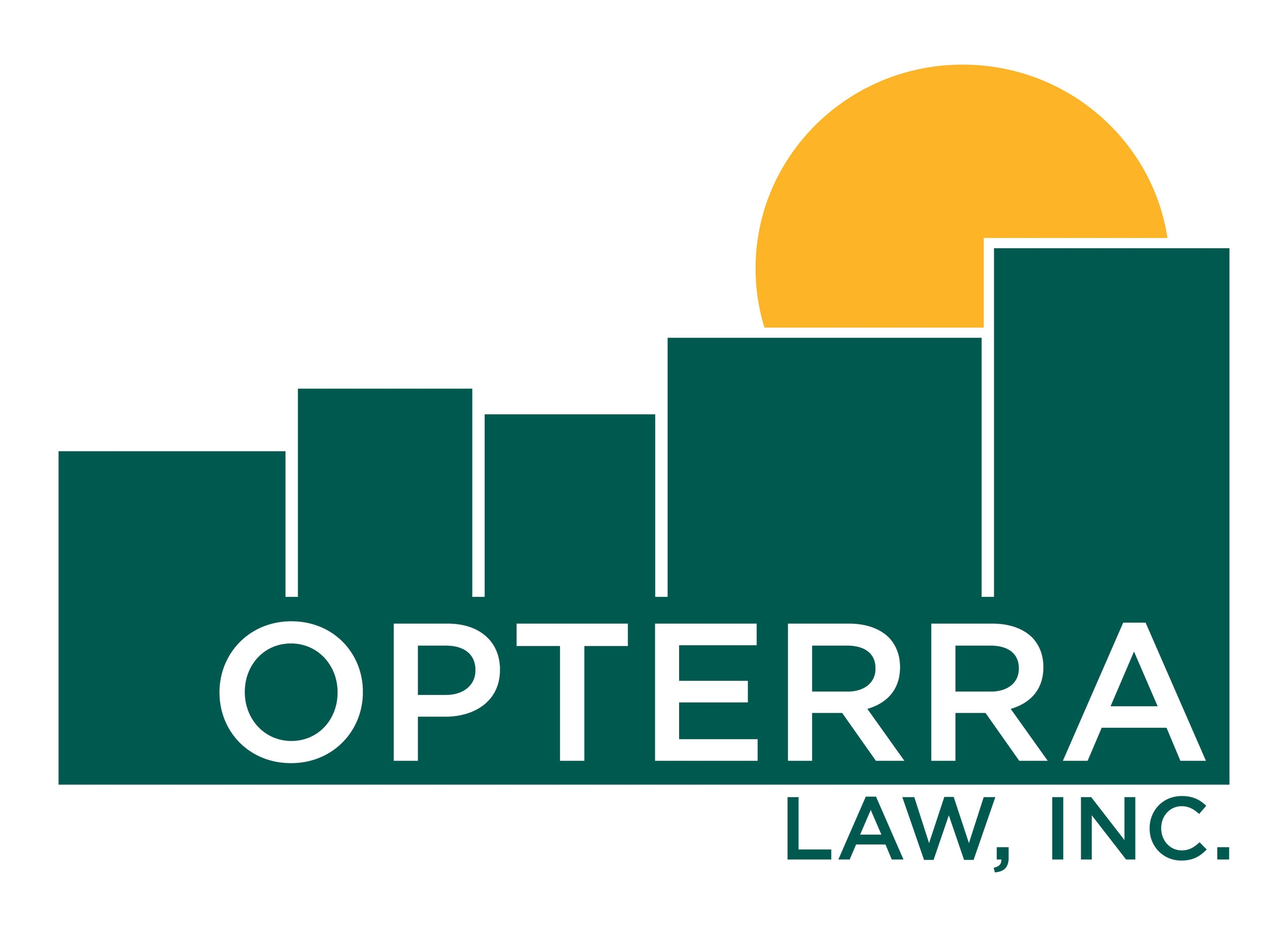Fourth District Appropriately Confirms That Public Agencies Can Adjust Projects without Additional Environmental Review
The City of San Diego has been working for years to restore pedestrian and park uses to Balboa Park’s Central Mesa. The public planning process began about eight years ago. After the City’s original project approval in 2012, Save Our Heritage Organisation (SOHO) has relentlessly opposed the improvements. See SOHO v. City of San Diego (2015) 237 Cal.App.4th 163; SOHO v. City of San Diego (2017) 11 Cal.App.5th 154.
In the meantime, local, state, and federal rules have changed, as have construction costs. These changes required certain adjustments be made to the originally approved project. In particular, the project needed to comply with new California Department of Transportation standards for the bridge; new city storm water standards, new Building Code requirements for subterranean parking structures, and new energy efficiency standards.
The City responded to these changes by approving adjustments to the project that increased the construction phasing by two months, reduced the project’s cost by $4 million, and increased the overall number of parking spaces contemplated by the original project.
The City used an addendum to the original EIR to consider the potential environmental impacts of the project modifications. The addendum documented that the project adjustments would not create new or substantially increased significant environmental effects; there were no substantial changes in circumstances that would create new or substantially increased significant environmental effects; and there was no new information of substantial importance showing a change in any significant environmental effects.
SOHO sued, arguing that the addendum was invalid because addenda are not authorized under CEQA. The Court soundly rejected this argument, acknowledging that “the addendum process reasonably implements section 21166’s objective of balancing the consideration of environmental consequences in public decision making with interests in finality and efficiency.” 2018 Cal.App. LEXIS 960 *15.
The Court held that Guideline 15164, which authorizes the addendum process, “is consistent with and furthers the objectives of CEQA section 21166 by requiring an agency to substantiate its reasons for determining why project revisions do not necessitate further environmental review.” Id. at *13-*14. Therefore, the Guideline is valid under the standards set forth in Government Code section 11342.2, Association of California Ins. Companies v. Jones (2017) 2 Cal.5th 376, 396; and Communities for a Better Environment v. California Resources Agency (2002) 103 Cal.App.4th 98, 108 (disapproved on another point in Berkeley Hillside Preservation v. City of Berkeley (2015) 60 Cal.4th 1086, 1109, fn.3). Id. at *10.
Finally, the Court noted that SOHO’s challenge to the validity of Guideline 15164 came twenty-five years after it was adopted. Id. at * 16. The Legislature never modified or amended it, giving rise to a presumption of the rule’s validity. Id.
The Court’s decision is appropriate. It upholds the use of addenda, which allow public agencies flexibility to make adjustments in projects so long as such projects do not create or exacerbate significant environmental impacts. This level of flexibility strikes an appropriate balance between environmental protection on the one hand and practicality on the other. Circumstances, laws, standards, and needs change over time. Public agencies should have the ability to make adjustments to respond to such changes so long as the adjustments do not themselves cause significant impacts.
Although this case relates to a public park, the holding has broader applicability. For instance, by upholding Guideline 15164, the court has protected an important tool that public agencies use to address the housing crisis. Entitlements for new housing are already time consuming and expensive. Under Guideline 15164, public agencies can rely upon addenda to update or adjust housing entitlements so long as such adjustments to not trigger review under section 21166. If public agencies were not able to use addenda, it would add further time and expense to entitlement processes and jeopardize the creation of much-needed new housing.
